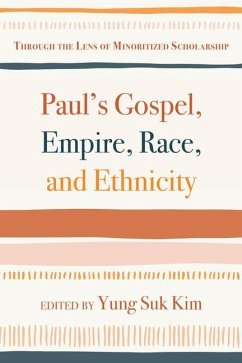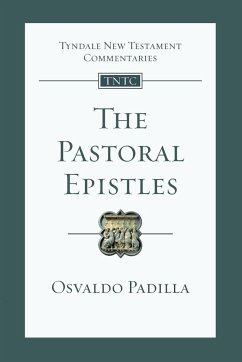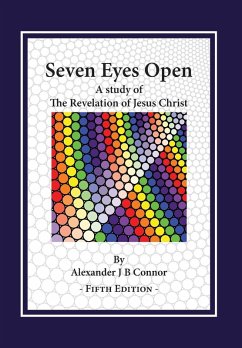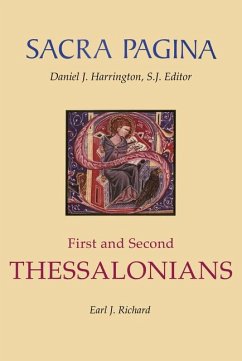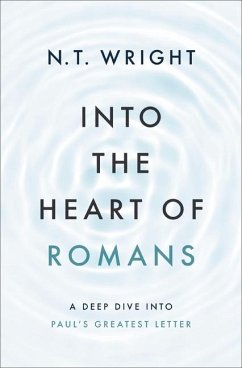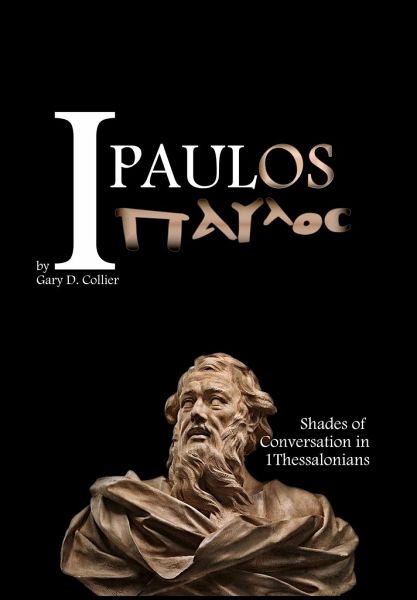
I Paulos
Shades of Conversation in 1Thessalonians
Versandkostenfrei!
Versandfertig in über 4 Wochen
52,99 €
inkl. MwSt.

PAYBACK Punkte
26 °P sammeln!
"I Paulos", 4 volumes in one, addresses the specific question: "Can we learn anything about an authentic Paul through a close reading of just one of his letters: 1Thessalonians?" The backdrop of this study is that the mid-1960's erupted in a virtual volcano of dissent against historical interests when reading ancient authors and texts. Authors were declared "dead," "texts" were redefined, and revolutionary literary theories swept the academic landscape. Concurrently, studies on Paul exploded into new perspectives, counter perspectives, wildly different "lives of Paul," and a general disillusio...
"I Paulos", 4 volumes in one, addresses the specific question: "Can we learn anything about an authentic Paul through a close reading of just one of his letters: 1Thessalonians?" The backdrop of this study is that the mid-1960's erupted in a virtual volcano of dissent against historical interests when reading ancient authors and texts. Authors were declared "dead," "texts" were redefined, and revolutionary literary theories swept the academic landscape. Concurrently, studies on Paul exploded into new perspectives, counter perspectives, wildly different "lives of Paul," and a general disillusionment that anything at all about the "real Paul"could be known. In the face of such explosive views, I Paulos poses a daring two-fold thesis: First, an "authentic" Paul can be known from at least the letter of 1Thessalonians, just as much as anyone can be known from a personal encounter. For what is "authentic" about authors inhabits particular kinds of texts like this one. Second, Paul can be seen in this letter as carrying on conversations on multiple levels and in a variety of shades, not only with his immediate audience, but with God through earlier authors and texts. Volume 1 offers an extensive introduction to the problem of authors and texts; Volume 2 looks at how scholars are struggling with the question of reading Paul, and it introduces the concept of deep level Biblical Conversation for explaining how Paul interacted with sacred text and sacred community; Volume 3 offers a new translation and contextual commentary analysis of 1Thessalonians, demonstrating both the extent to which an authentic Paul might be available, and the value of understanding Biblical Conversation as a mindset for Paul in this letter. Naturally, the implication is that what works for Paul in one of his earliest letters might be appropriate for his other letters as well.




